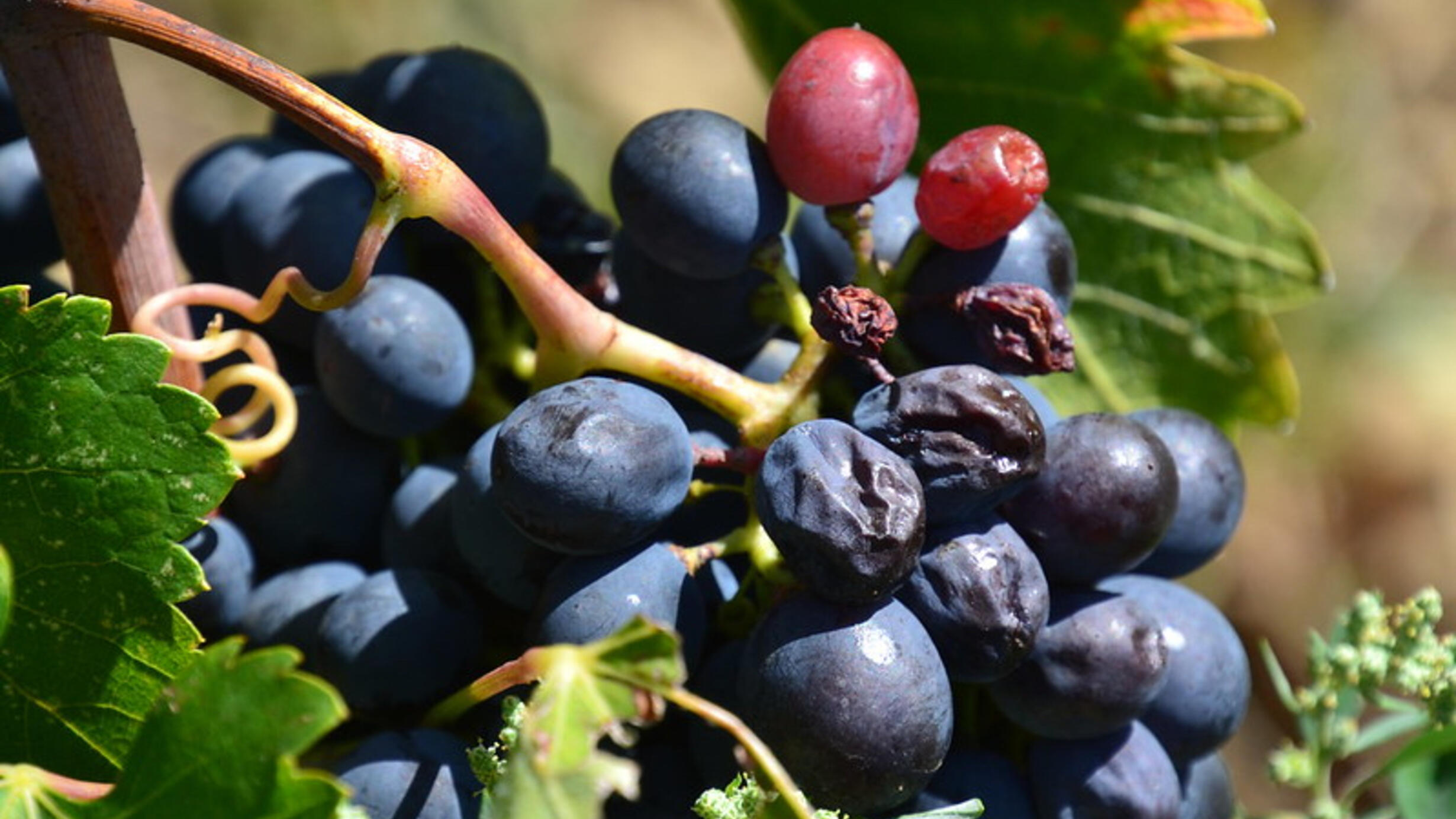 Jeanne Menjoulet [CC BY 2.0]
Jeanne Menjoulet [CC BY 2.0] In southern France, the CBC's biocultural team collaborates with a diverse group of researchers and farmers to understand the relationships between knowledge, practices, and landscapes in the production of wines. We focus on viticulture because it involves perennial plants and therefore sustained relationships between humans and their plants over time, and because the world of viticulture offers a very diverse landscape in terms of practices.
Some winegrowers choose to cultivate, ferment, bottle, and sell their wine themselves; they control the entire production chain to guarantee the best expression of the “terroir” of their wine. Others prefer to sell their grapes to cooperatives, which are responsible for processing and marketing while respecting the collective specifications of the “appellation” (for example Bordeaux).
We are therefore working to understand wellbeing metrics of farmers delivering their grapes to cooperatives (i.e., cooperators) as well as with independent winegrowers who market their wine themselves. We are particularly interested in how changes in market forces impact winegrower well-being and how climate change impacts farmers and labels.